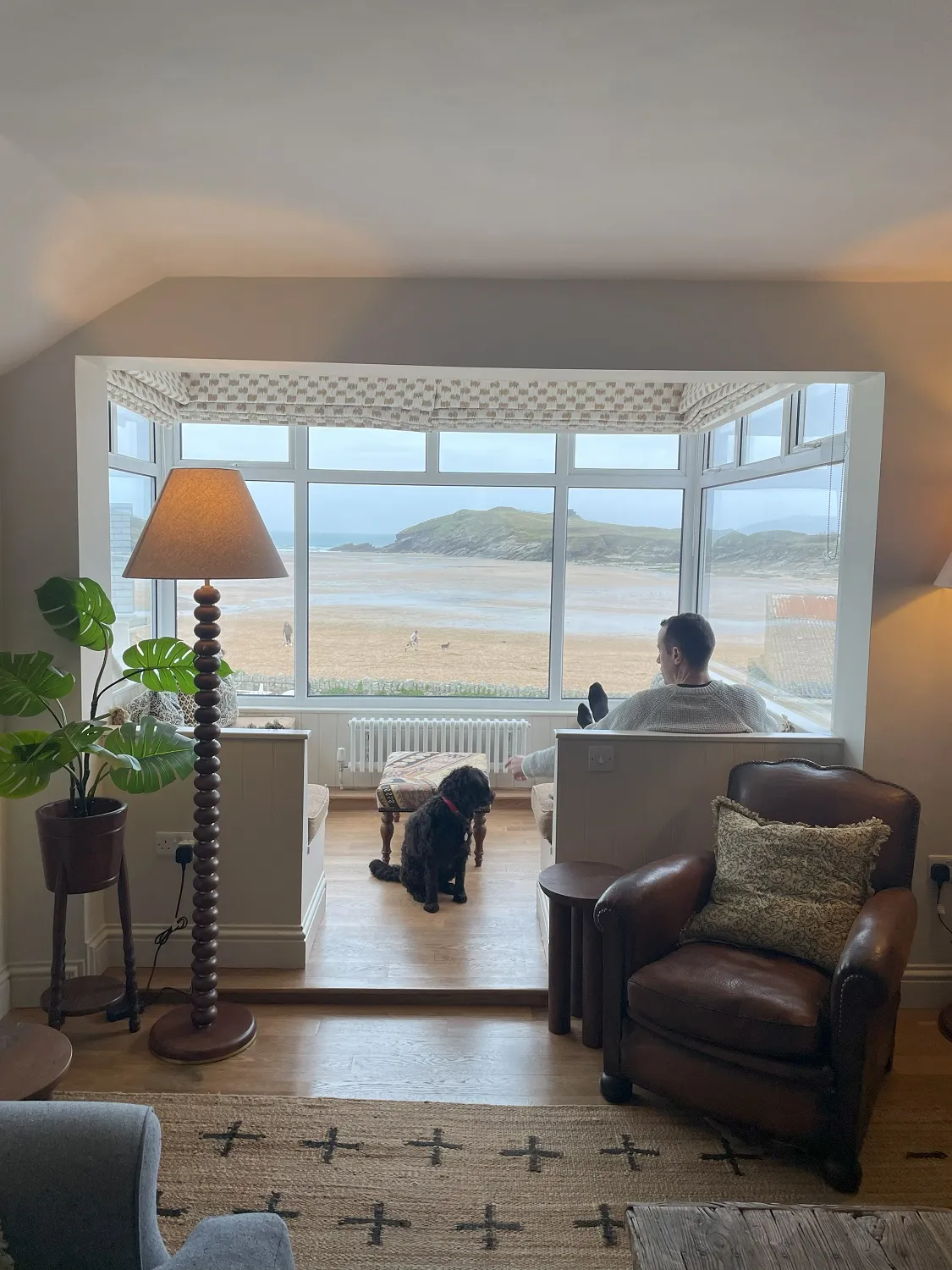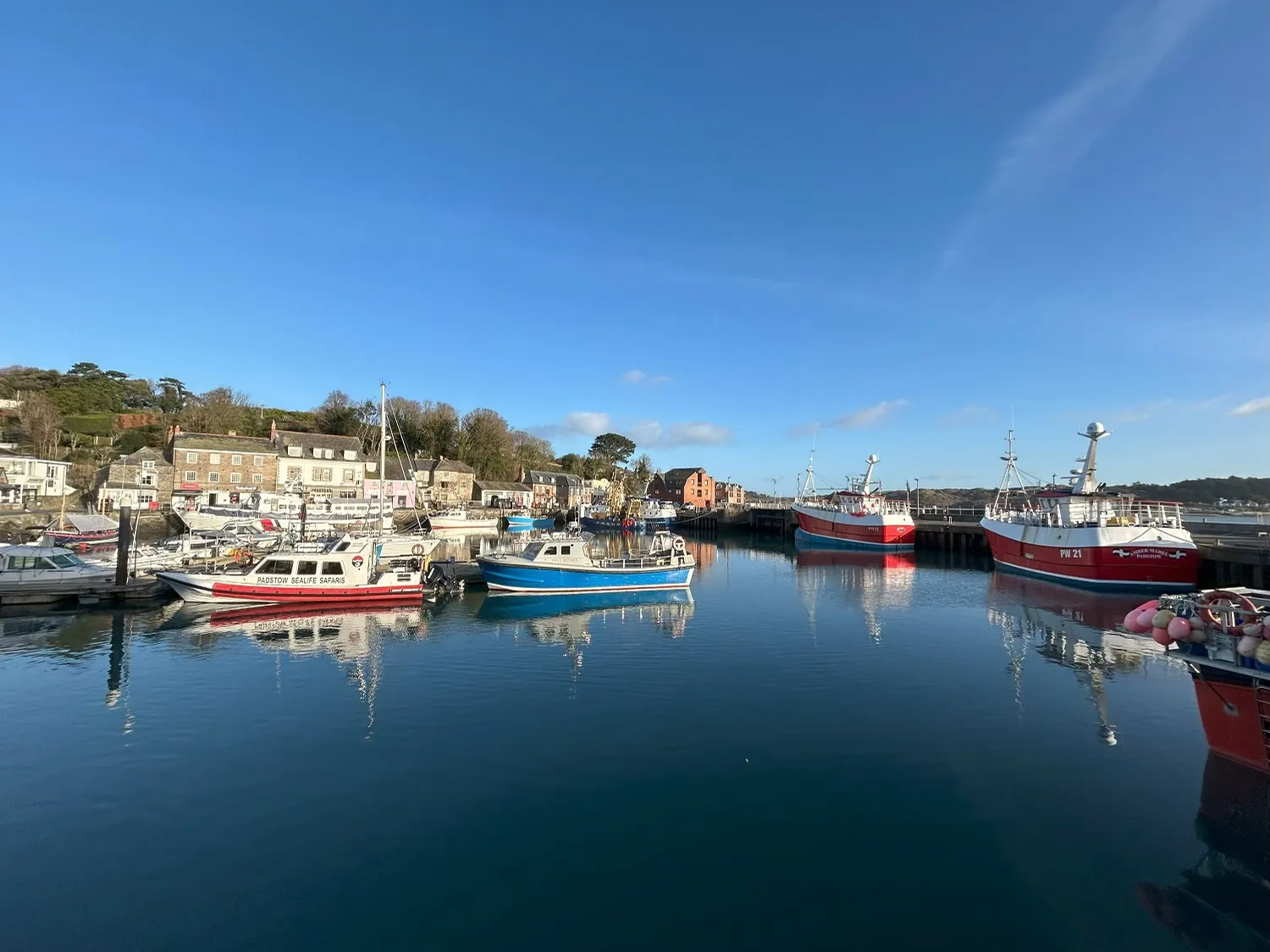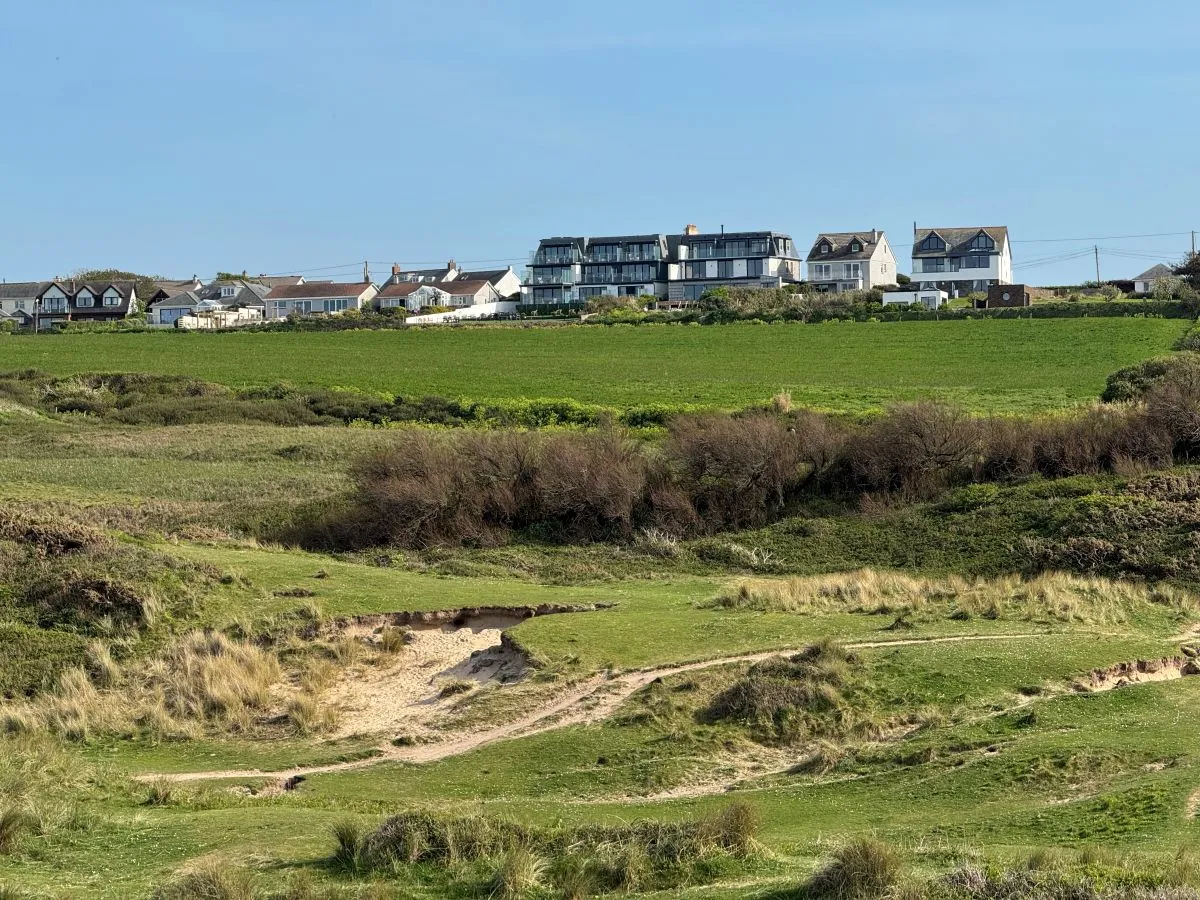
Saltwater days at Beachview, Crantock


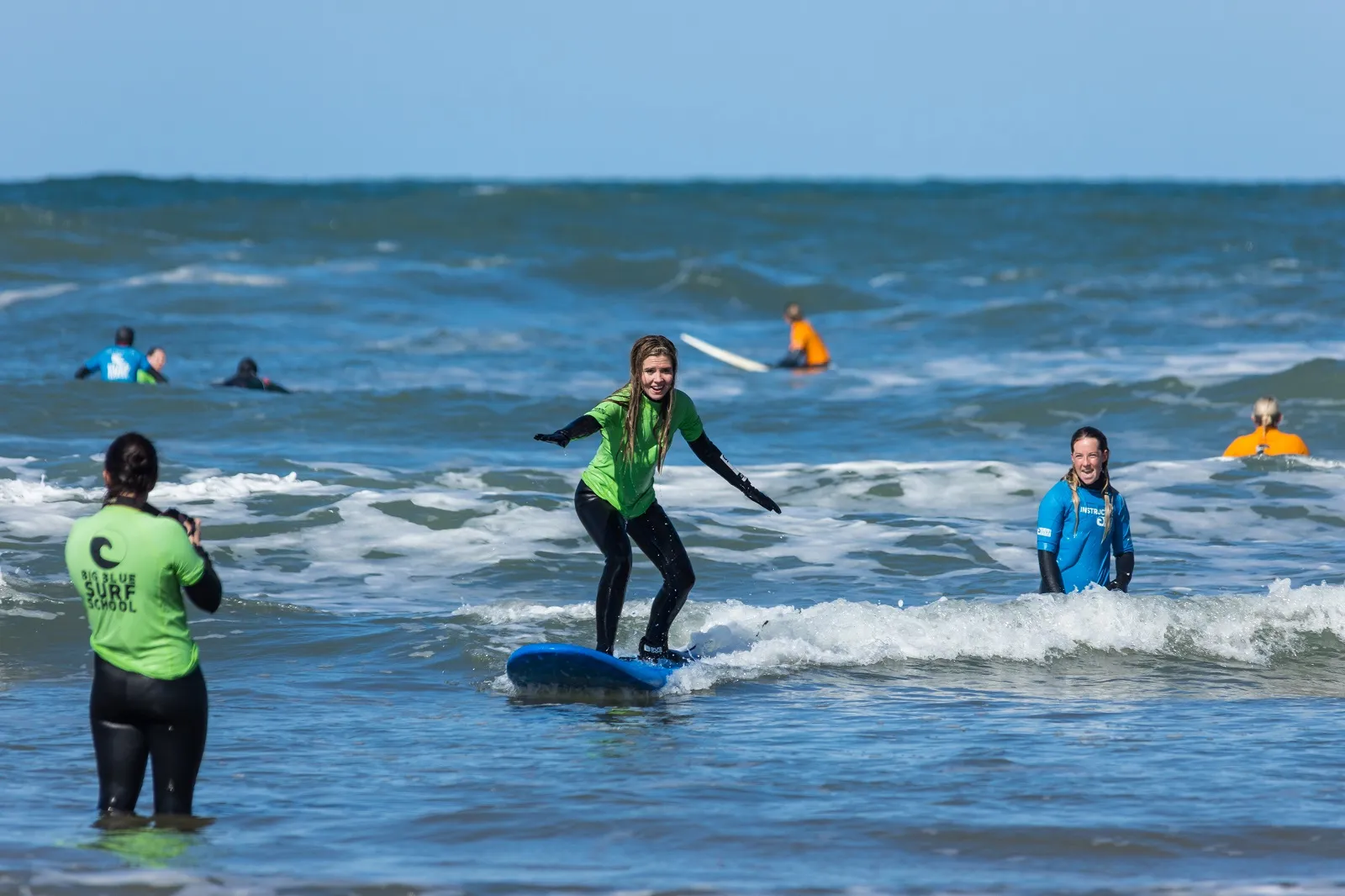
February. The post-Christmas blues, new working year stresses, and winter fatigue often mean that this month gets overlooked, treated as one final hurdle to get over before Spring begins to bloom.
Here in Cornwall, we see February a little differently.
Empty, windswept beaches. Wild seas. Clear water and crisp blue skies. Rambling coast paths. Nature undisturbed. February showcases the wild, untamed beauty of Cornwall before the summer crowds roll in, and is secretly a loved-by-locals time of year, due to its general calmness, great surf and spectacular scenery.
February half-term is no different, and makes for a perfect time to gather the family and escape to the coast, giving you that much needed rejuvenation after a long winter season. Here’s some fresh inspiration for things to do this February half-term in Cornwall.
Browse our beach locations or our selection of retreats to find your perfect February half-term holiday home.
February is ideal for getting in the water, particularly if you’re a beginner wanting to avoid the busy summer seas. Most of Cornwall’s surf and watersports schools operate all year round, and provide the appropriate kit for chillier water. Try Newquay Activity Centre, Wavehunters in Watergate Bay or Big Blue Surf School in Bude for a challenging but exhilarating day mastering your chosen activity.
Fancy staying in Bude? Check out our luxury holiday lets in Bude.

Image credit: Big Blue Surf School
Head to Falmouth’s National Maritime Museum for a rainy day activity that’ll connect you to our oceans. Their regular exhibitions bring new and diverse perspectives to maritime issues, whilst showcasing Cornwall’s fascinating maritime heritage. With 15 galleries across five floors, you’ll take a walk through history. While you’re here, Falmouth is a great place to grab lunch and wander the quirky boutique-lined streets.
A unique and innovative eco project, the Eden Project is an absolute must see this February half-term. This stunning global garden consists of tropical biomes the size of 30 football pitches, including the rainforest biome, home to 1000 species of tropical plants, a fully running waterfall and suspended canopy walkway. Adjacent to this you’ll find the Mediterranean biome, filled to the brim with spiky cacti and ancient olive trees.
A spectacle at any time of year, Trebah Gardens are worth a visit during your February half-term stay. Trebah is bound beneath canopies of sub-tropical foliage that tumble to the edge of the Helford Estuary, where there’s a divine sandy beach perfect for picnic and stone skimming. Families with dogs will particularly love this natural playground.
Get acquainted with some Cornish creatures, from native baby seals to African lions. The Cornish Seal Sanctuary, in Gweek, rescues and rehabilitates over 70 seal pups, which you can see up close. Or, spot them in the wild below the cliffs at Mutton Cove in Hayle, where they often bask on the sand – just be sure to keep the noise down as to not disturb their nap time. For a wet-weather-friendly day out, head to Newquay Zoo to meet over 130 species of the worlds rarest and most endangered animals.
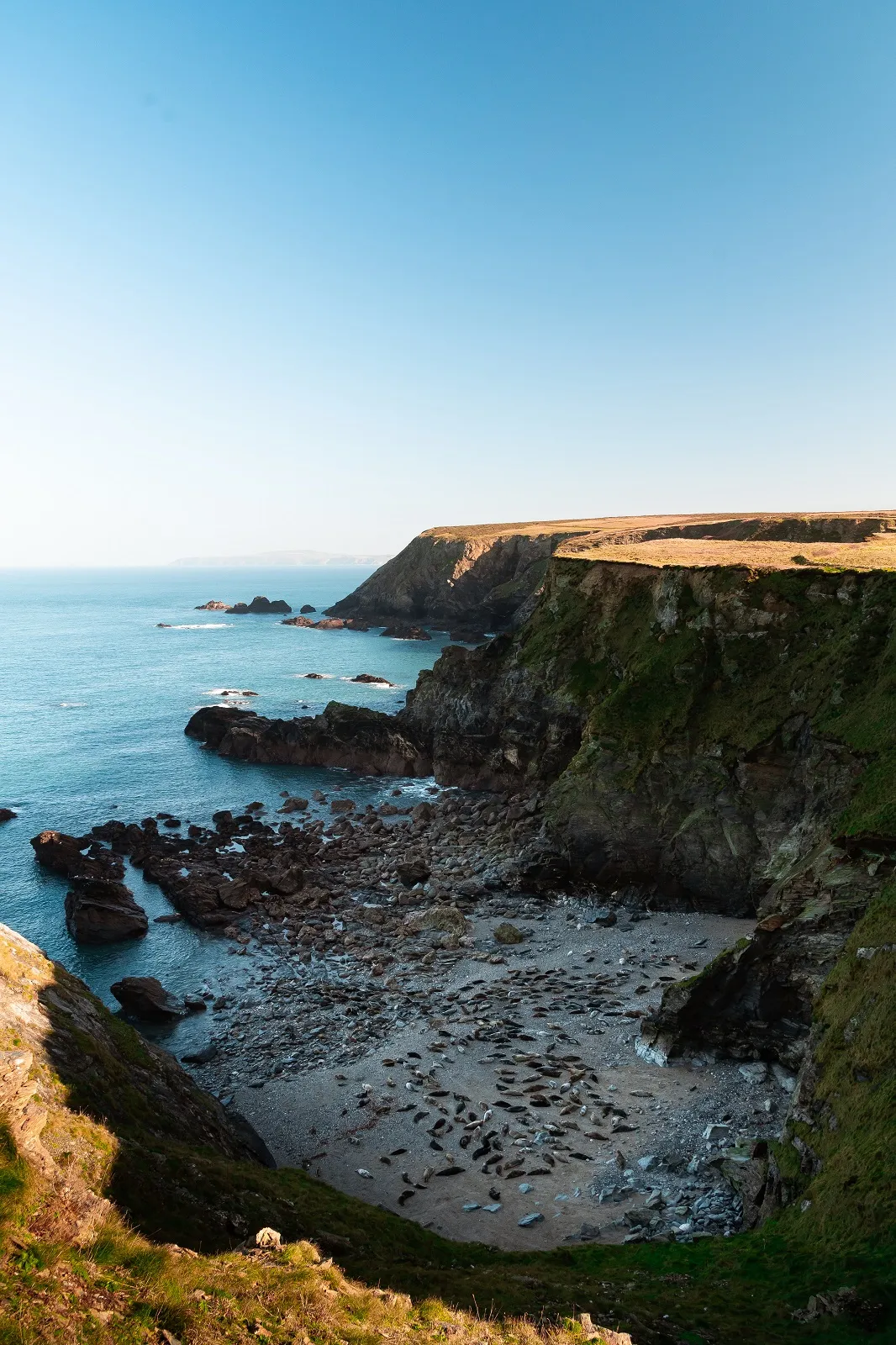
Refuel after a wintery walk with soul-quenching food at one of Cornwall’s many gourmet restaurants. From the range of Rick Stein eateries in Padstow, to cosy pubs with great menus such as The Mariners in Rock, take some time this half term to taste the shoreline’s seasonal delights. Many places to eat are kid and pet friendly, too.
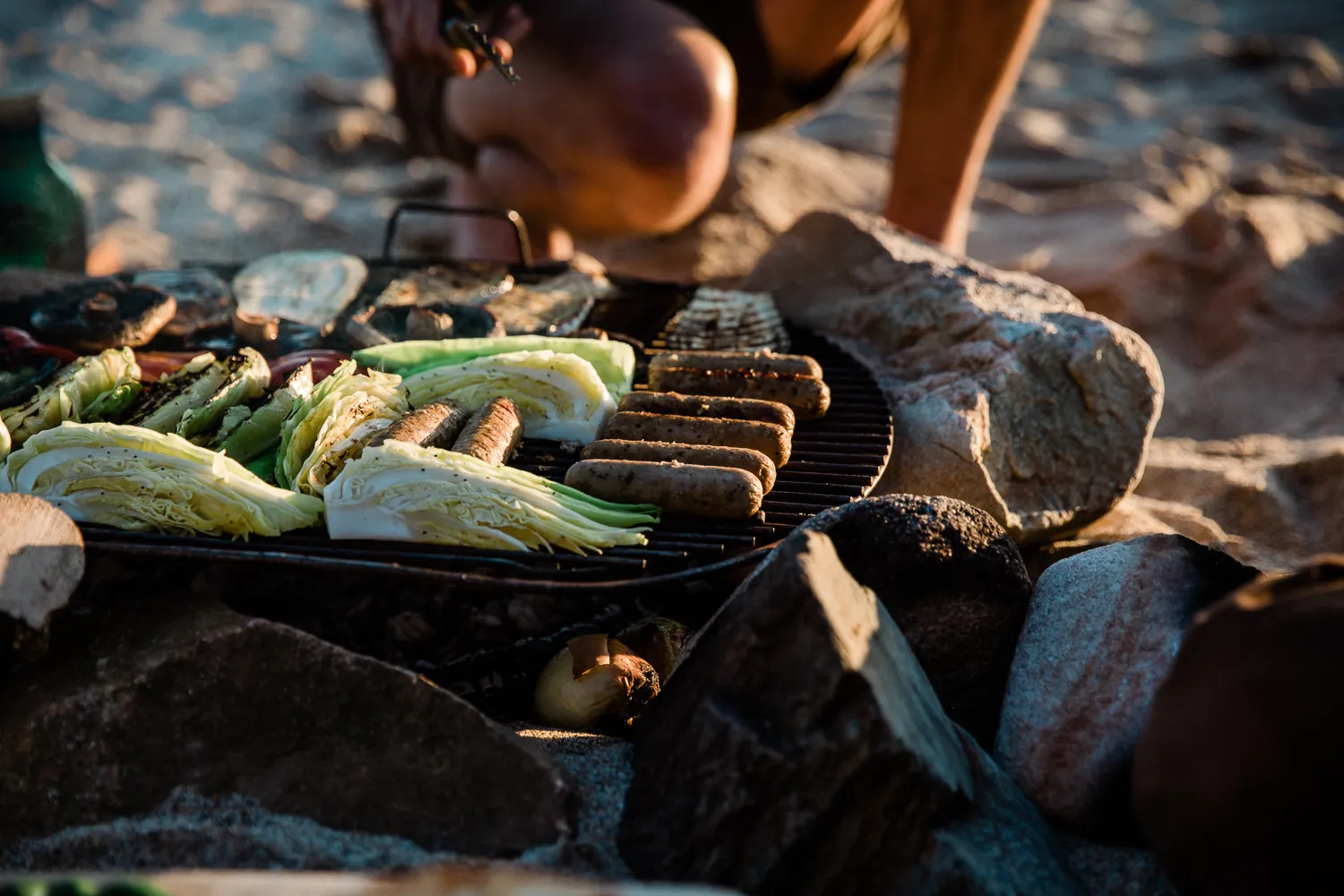
Above all else, a February getaway gives you a chance to be together, away from the chaos of term time routines, work and household chores. Settle into a retreat where everything has been sorted for you, allowing you to truly relax. With games rooms, log burners, lavish dining tables and gorgeous views, cosy evenings in are a delight. Browse our selection of coastal properties just made for family stays.
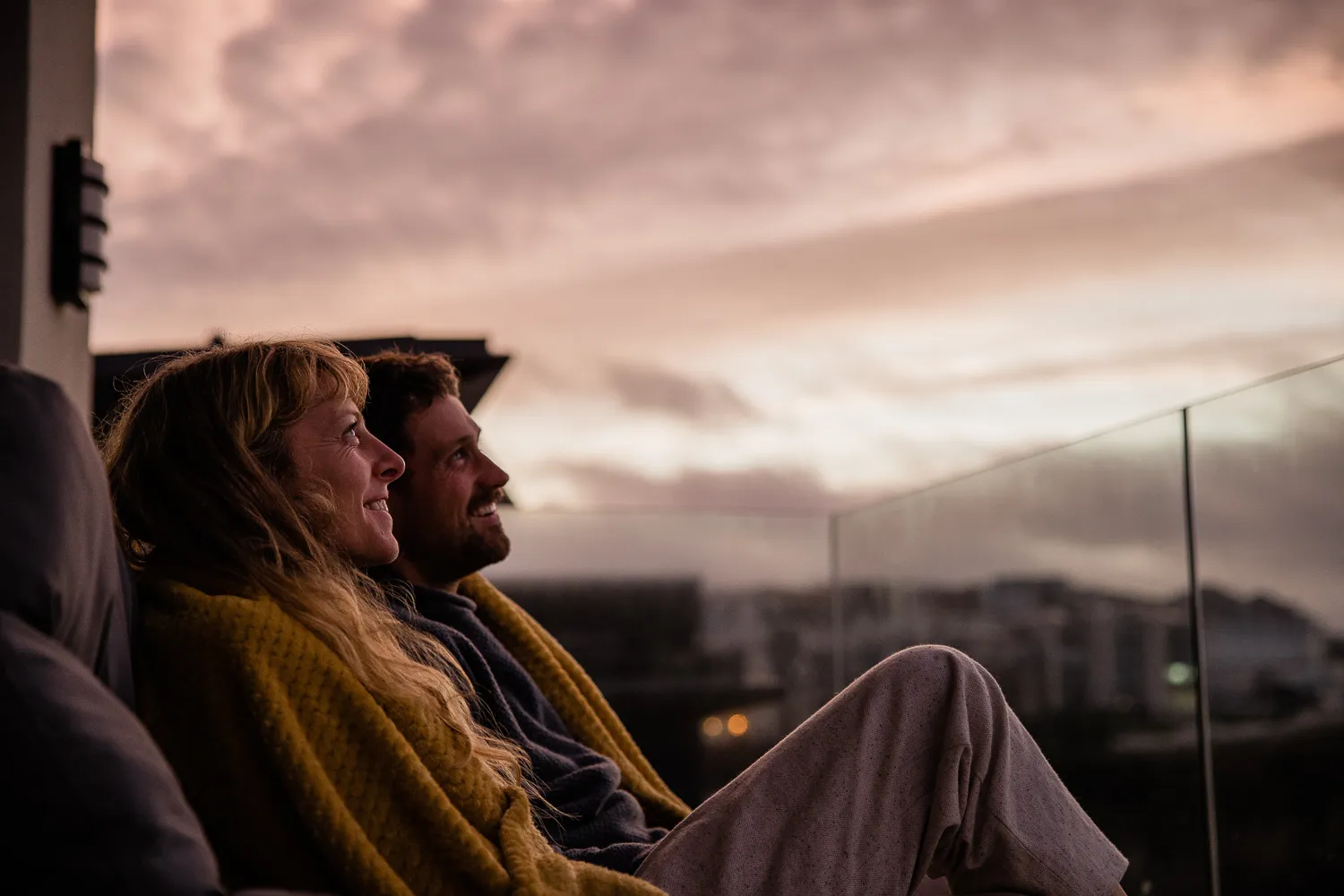
Book your February half-term retreat.
Alternatively, visiting at Easter? Explore the perfect things to do in Cornwall in spring.

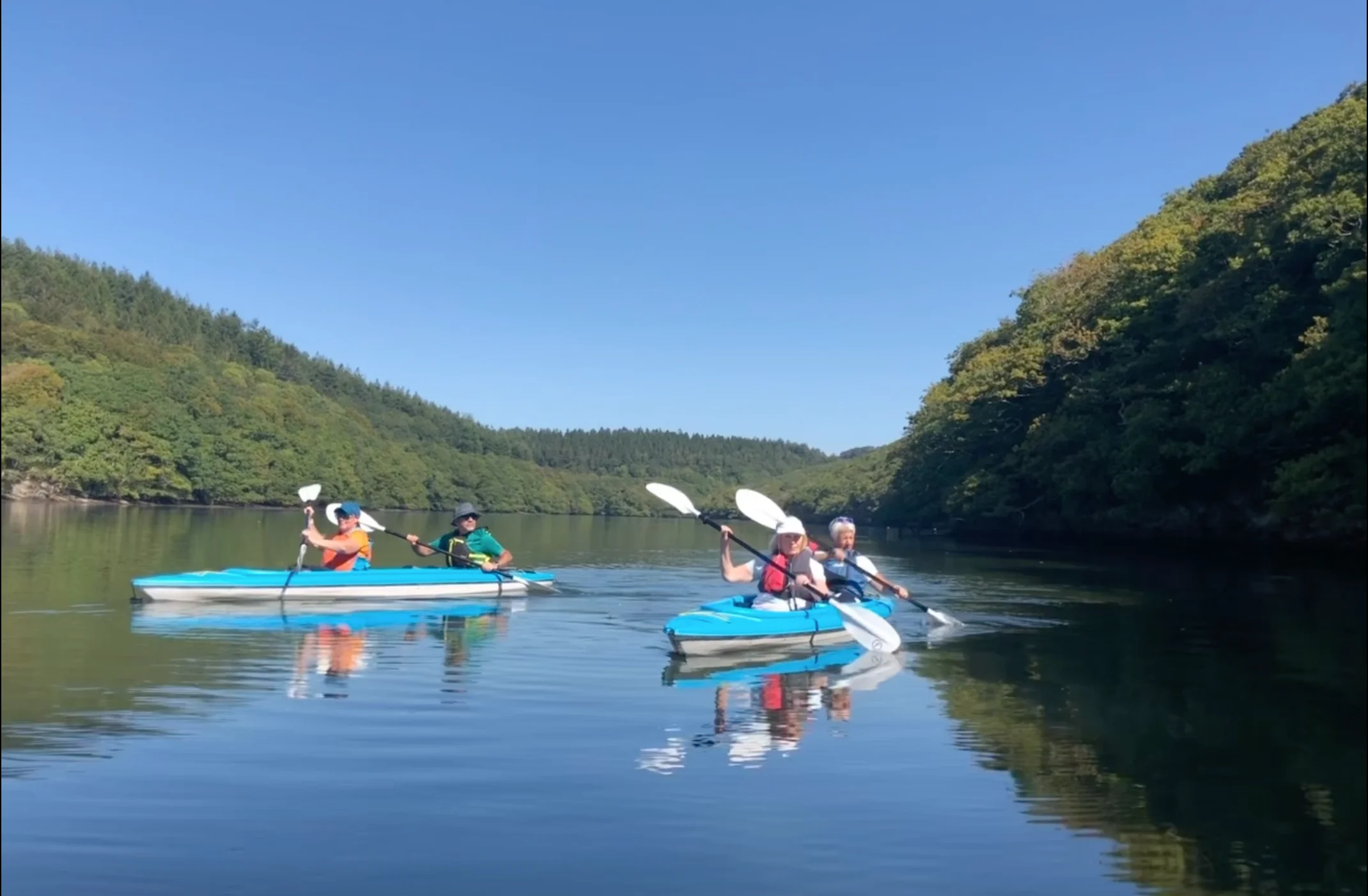
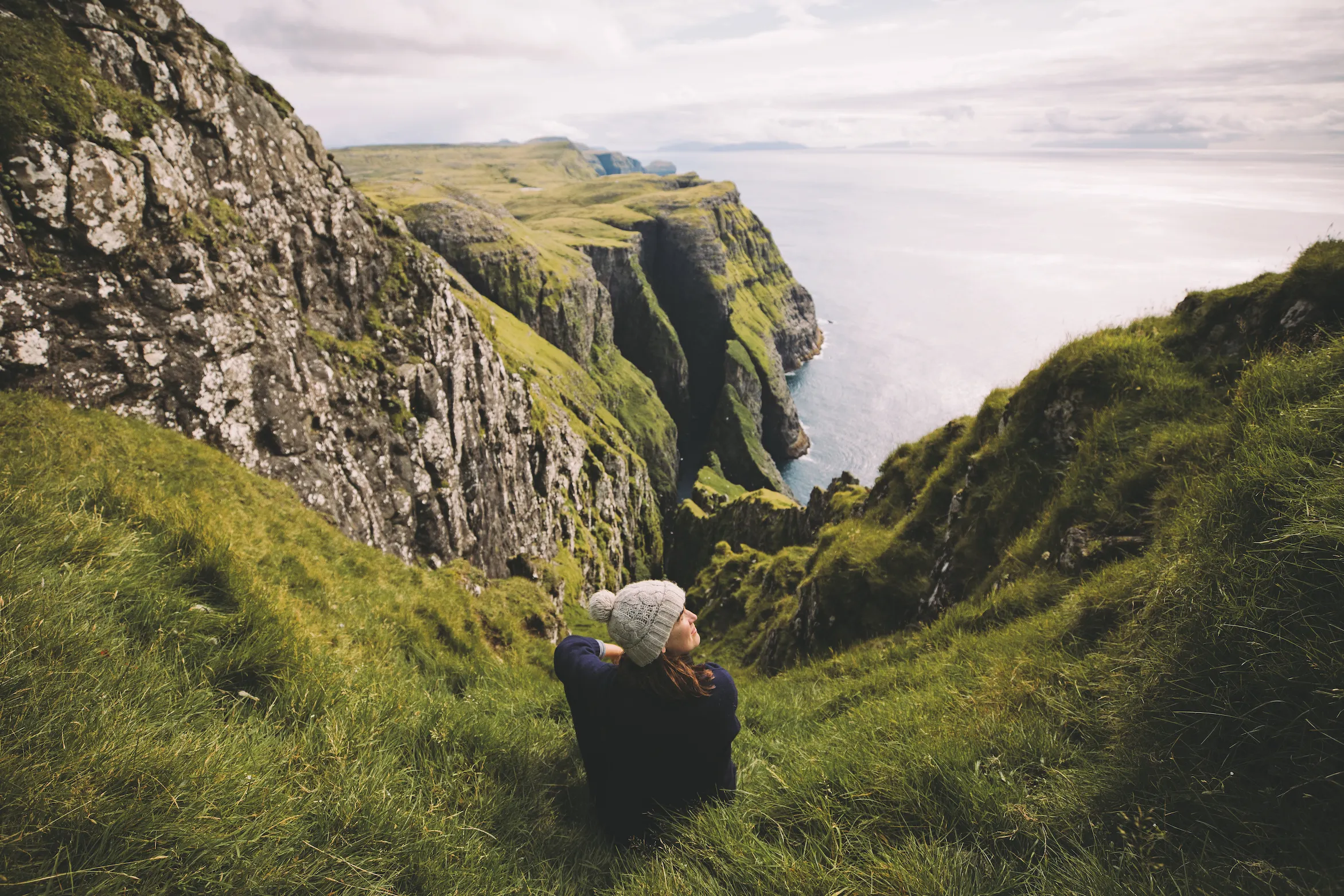
Catching the next train, a walking tour, road trips…how exactly do we slow down when we travel? We spoke to two slow travel writers to find out…
“Like anything in life now, there’s a synthetic version of the thing you’re looking for, and there’s a real version of it. Slow travel is just real travel.”
That’s Dan Kieran’s take on slow travel, something he discovered after an overland journey from London to Warsaw, Poland. That slow travel initiation involved cancelled trains, persuading a train manager to let him board a German train without a ticket, and delivering an impromptu English lesson on a Polish commuter train.
Dan, author of The Idle Traveller: The Art of Slow Travel, describes his travel revelation as magical, realising at the time that most holidays involved simply arriving in a destination, rather than really travelling.
“It’s about depth rather than time. It’s about putting yourself in a context that is unfamiliar. So it’s about opening yourself up, not closing yourself down,” he says.
For Jo Tinsley, author of The Slow Traveller: An intentional path to mindful adventures, slow travel is an invitation to explore the world at our own pace, “to journey lightly and adventurously.”
Check out more of what Falmouth has to offer by staying in one of our bespoke retreats in Falmouth.
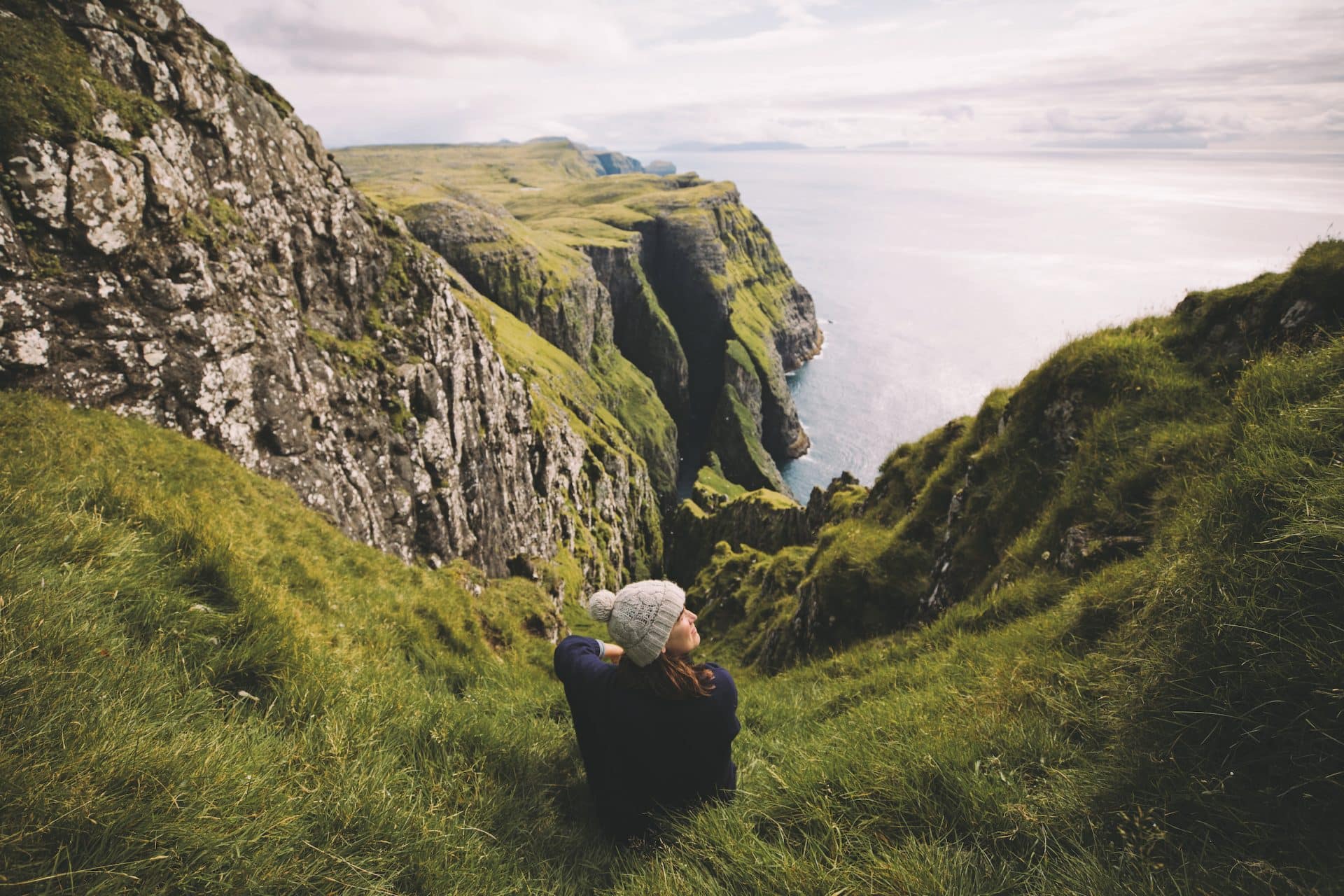
Image credit: Graeme Owsianski from The Slow Traveller
“It is the antithesis of bucket list travel, placing spontaneity over a packed agenda and allowing you to travel on terms that are meaningful both to you and to the people you meet along the way,” says Jo.
That sense of exploration means allowing space to connect to a place, “taking time to scratch below the surface of a destination; to build a stronger attachment with, and understanding of, the places we are visiting. This might mean gathering over coffee in a local’s front room; or understanding the connection between local ingredients and place.”
“It’s perfectly fine to have planned elements, but just have something that gives your trip space for the unknown to happen. Do the things you want to do; that’s the point of going, but leave space for serendipity to strike – even if it’s just for a couple of hours,” says Dan.
He also recommends picking up a guidebook. “But I don’t mean normal guidebooks. If I’m going to Berlin, I’ll buy books or novels set in Berlin – I want to feel connected to the city. Reading The Day of the Jackal when I went to Paris, I felt like I was living that book,” he says.
“If I visit the sea, I have to go in the water. I have to walk the coast path. There’s something hugely beneficial in feeling like you know the context of where you are,” he adds.
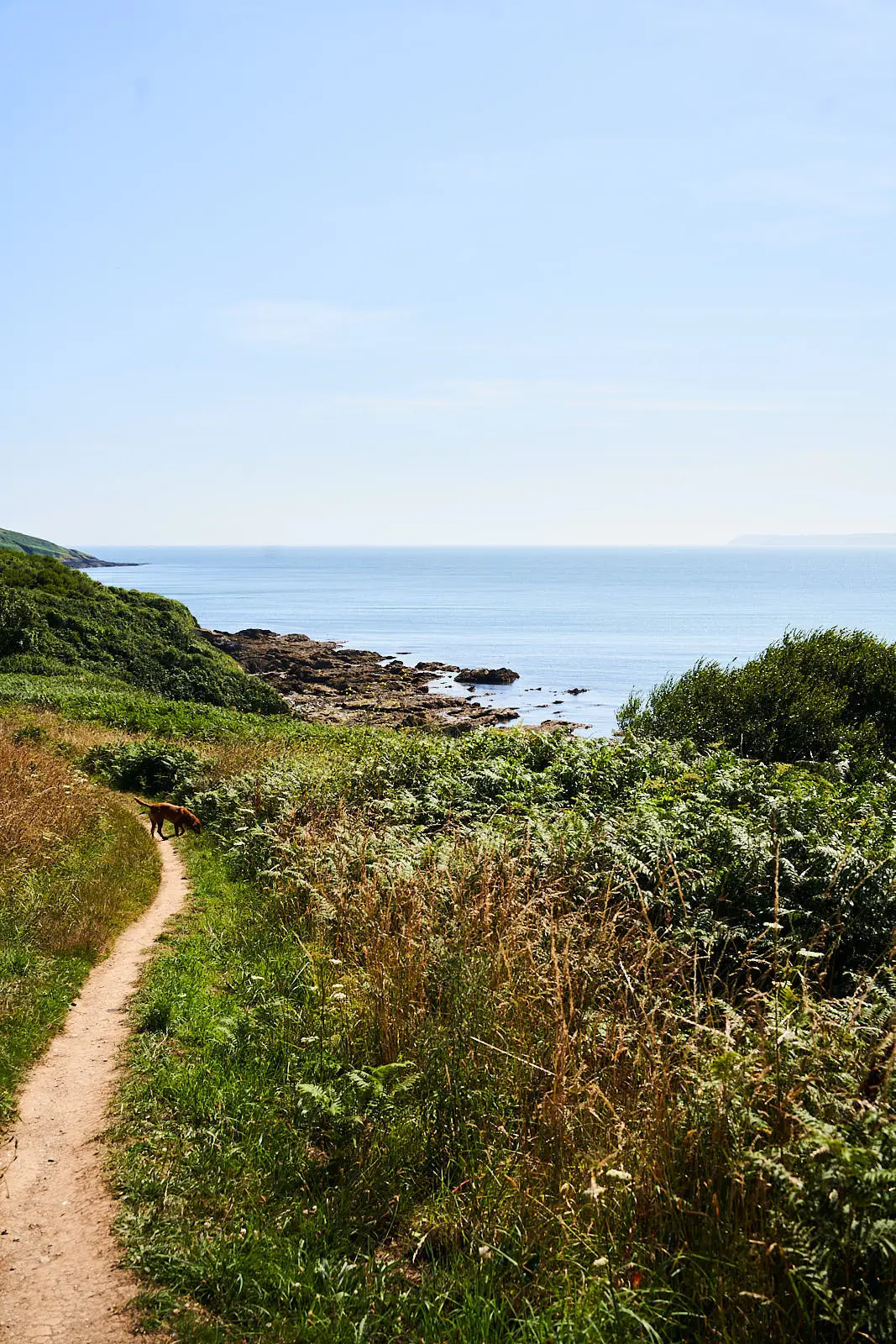
Image credit: Lily Bertrand-Webb
Jo says that travelling overland – by train, bus, boat, bike or on foot – encourages the exploration of slow travel, but it’s not prescriptive. It isn’t necessarily a question of speed or the length of a trip either.
“It is more about deceleration and reframing travel as a journey – it’s a mindset thing. Once slow travel becomes a mindset rather than a mode of travel, we realise that our journeys don’t need big budgets, long trips or far-flung destinations to be genuinely transformative.”
Experience the captivating beauty of dawn and dusk along the Cornish coast, as we compare and contrast these magical moments in nature’s theatre.
Jo embarked on an Icelandic holiday without a plan, seeking out the country’s thermal pools. “More often than not we’d simply pull over when we saw the ‘silhouette of a bather above two wiggly lines’ sign that meant a hot pool was nearby,” she says.
As well as following road signs on a whim, she relied on local recommendations and taking spontaneous detours. “Our meandering route eventually led us to the most remarkable pool of the entire trip: Krossneslaug, an infinity pool at the end of a 90km unpaved, potholed dead-end road, which looked out over the North Atlantic, as a gleaming iceberg idled in the far distance.”
It’s always tempting to pack a lot in to a holiday, which is the opposite of that slow travel mindset. Think spending a whole afternoon in one gallery rather than visiting all the top sights in a day, and taking some time to observe the local details where you are, says Jo.
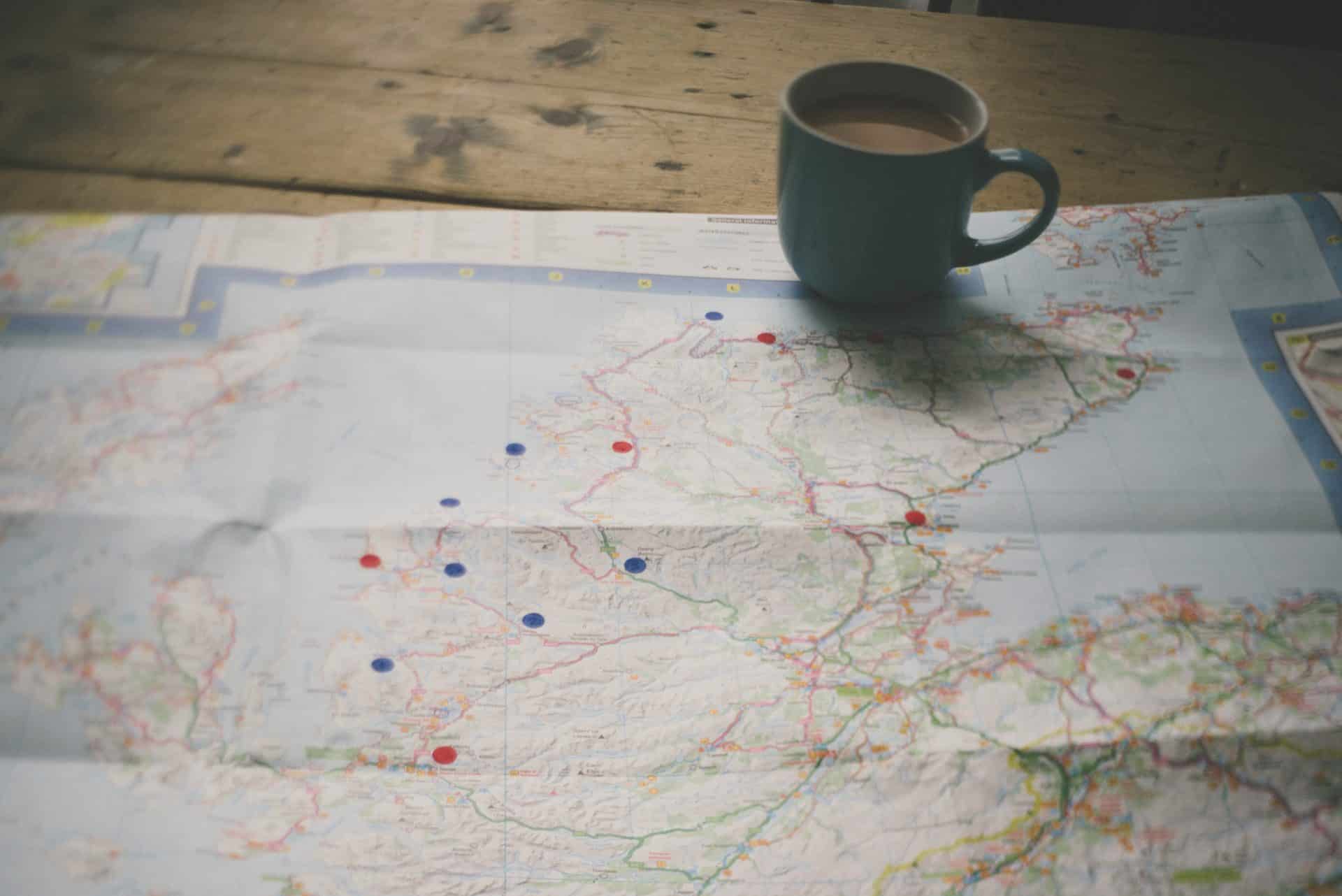
Image credit: Sarah Mason from The Slow Traveller
Visiting Cornwall for a workcation? Have a look at our holiday lets perfect for extended stays and working.
“When you’re living life doing your normal routine, your unconscious mind is in control. The reason travel is so amazing is you’re putting yourself in a context which is unfamiliar,” says Dan. “That’s what makes it nourishing, because you are conscious of what’s happening to you. That is when you really start to have a fabulous time.”
Slow down and take it all in, footsteps from the shore…

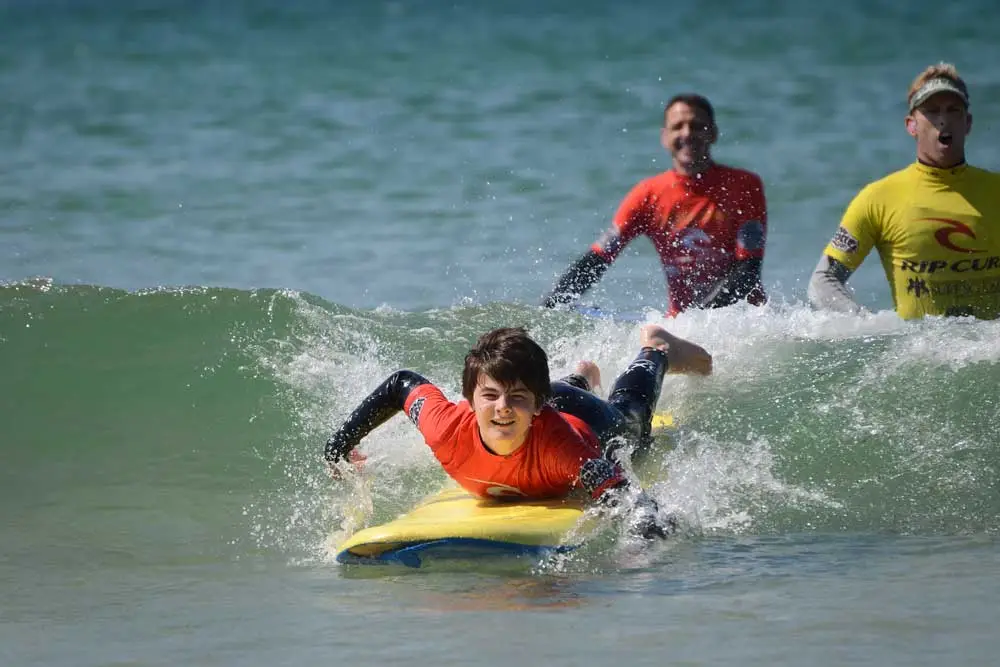
Thinking of booking a trip to Newquay and not sure the best things to do around the area? We’re the experts of the Cornish coastline and Newquay in particular is our home, being the closest beach town to our origins at Watergate Bay. Home to seven unique beaches, including one of the most famous surfing beaches in the world, Fistral beach, this vibrant north coast town isn’t short on beauty.
But beyond its sandy shores also lies a buzzing culture of food, shopping and events, making it a great holiday destination for everyone from families to couples to solo explorers. Here’s our handy guide on the best things to do in Newquay.
Visiting Cornwall with an electric car? Check out our holiday lets with electric car (EV) charging points.
Newquay is known for its surfing, but its also a great place for plenty of other watersports too. Head to Newquay Activity Centre in the heart of the town to try your hand at coasteering, kayaking, bodyboarding, super stand up paddleboarding and more. Or, try jet skis at Lusty Glaze beach. It’s sure to get your heart racing….

Newquay is rich in fishing heritage, and the famous Huer’s Hut which sits on the cliff top near Fistral is a symbol of this. Historically, this hut was used as a lookout point for the huer to alert the town of the arrival of pilchard shoals, by crying out to nearby residents. You can take a spectacular walk, starting at Fistral beach, going along the sand, around the cliff path and past the Huer’s Hut, a great vantage point to gaze down on Newquay’s bays below, before continuing around the working harbour and onto Towan beach. This way, you’ll walk fisherman’s footsteps whilst taking in some of the most scenic viewpoints in the area.
Want to stay in Fistral? Have a look at our luxury holiday cottages in Fistral.
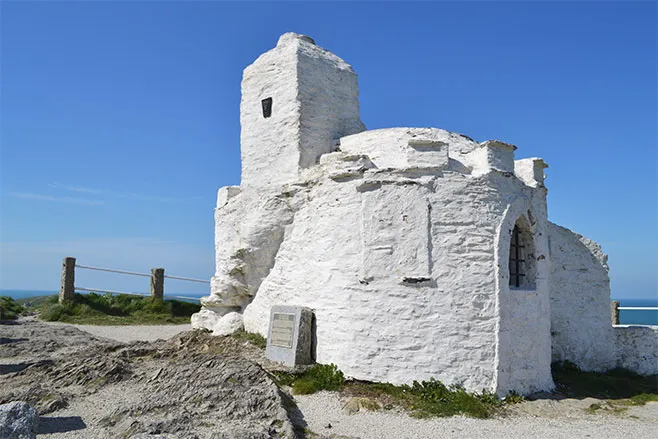
Newquay harbour and the surrounding bays are also great spots for a cold water swim. Sea swimming in Cornwall has rapidly grown in popularity as a way to get some feel-good hormones throughout the winter, and the trend is still thriving. Newquay harbour is ideal if you’re looking for a safe, sheltered spot- just be careful not to swim too close to the harbour entrance, where fishing boats are regularly going in and out.
Embark on a scenic walk through Watergate Bay, uncovering its breathtaking coastal views, expansive sandy beach, and vibrant local atmosphere.
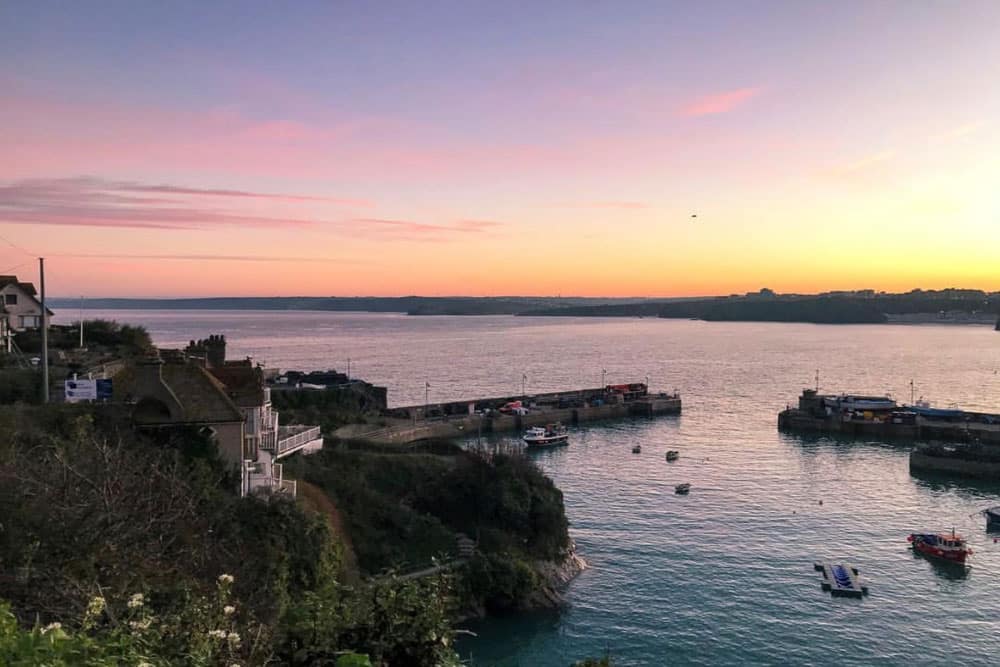
Newquay has plenty of delectable eateries with sea views, such as The Fish House, overlooking Fistral beach, and The Colonial, on the sand at Tolcarne beach. However, in sunny months the temptation to spend every moment on the beach is strong, and therefore Newquay’s Boathouse, down at the harbour, is the perfect balance. What started as a few pop ups next to the restaurant overlooking the water has become a permanent street food set up, where you can order takeaway or sit on benches right by the tideline and enjoy the flavours of Mexico, Jamaica and Cornwall from the variety of vendors. They regularly host DJ evenings too, so you can get that Ibiza beach feeling whilst you eat.
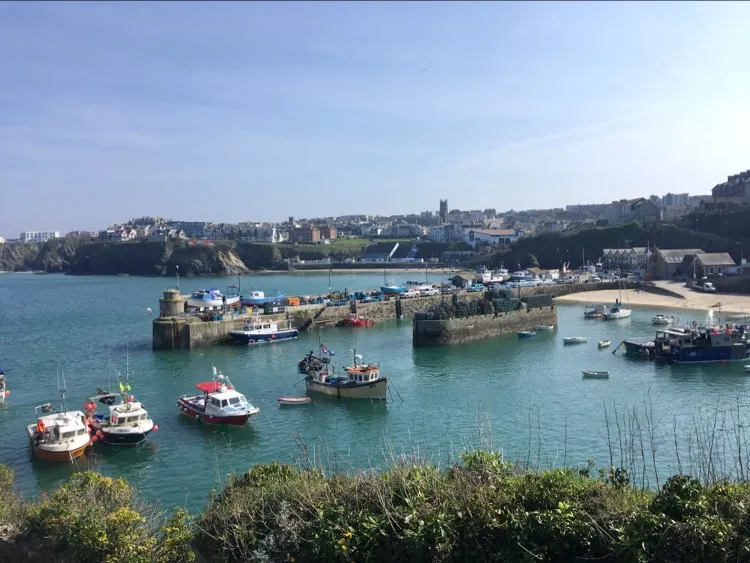
Coastal walks and sunbathing are relaxing, but if the natural elements have inspired you to take your indulgence further, head to one of the town’s spas for a day of restoration. Try the sea facing Aqua Club at the Headland Hotel, featuring an outdoor heated Sunset Spa pool, jacuzzi and Vitality Pool for hydrotherapy with a sea view. For something a little more outdoorsy, try Saunassa Nordic Spa, tucked away in the centre of town. With a wood-fired sauna, cedar wood hot tubs and an ice-cold plunge bath, spa days take on a new meaning and invigoration is key.
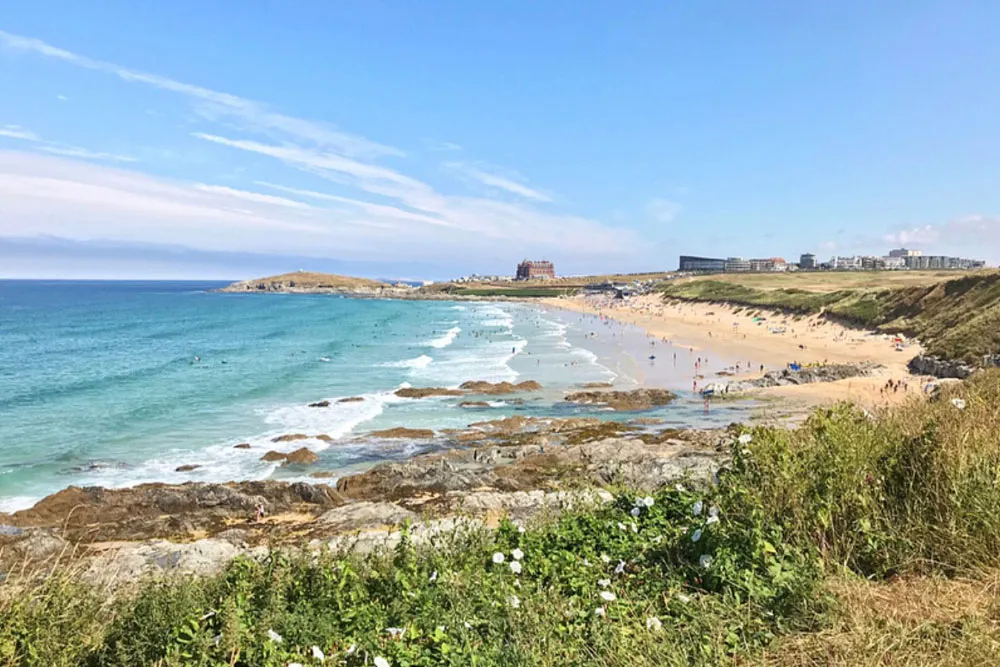
Head down to the harbour for an excursion on one of Newquay’s many boat trips. Choose from a sea safari where you can explore the beautiful coastline and spot wildlife; a mackerel fishing trip where you might catch something for dinner; or an exhilarating speed boat trip around the bay to get your heart racing. Look out for the hungry seals waiting to see what you’ve caught as the boat comes back in! Trips can be pre-booked online, or at the kiosks down on the harbourfront.
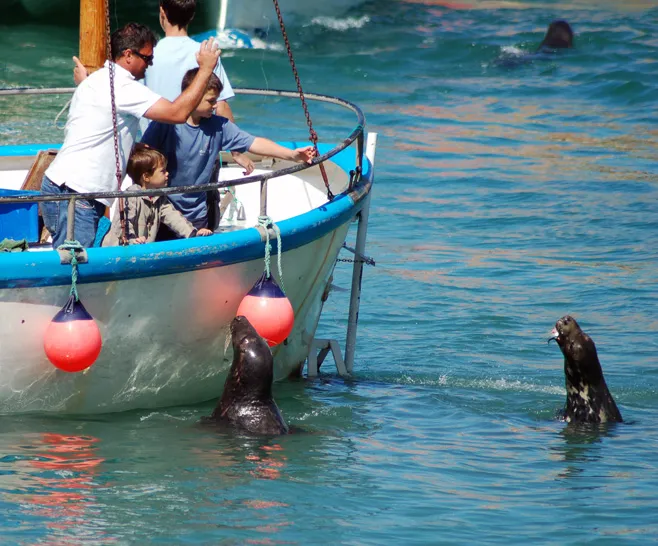
Are you a family of animal lovers? Head to Trenance Stables, where you can ride ponies along the sands of the River Gannel in Newquay. The perfect activity to enjoy a sunny day in Cornwall, taking in the breathtaking scenery whilst trotting down the river bank. Trenance Stables put on lessons for all abilities, so even if you’ve never tried horse riding before you’re still guaranteed a fun time.
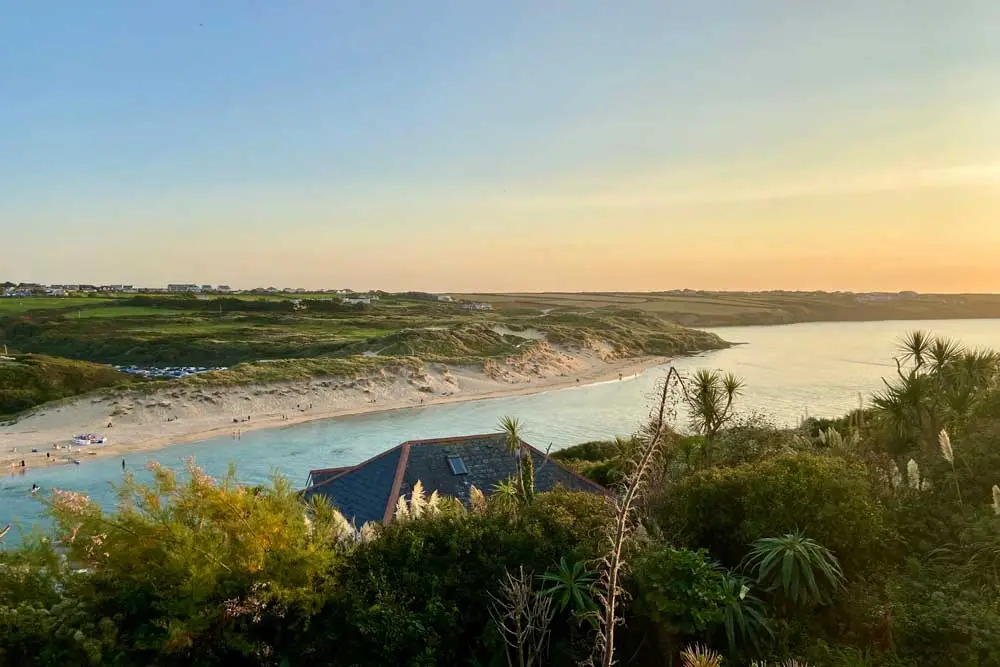
Discover our retreats in Newquay and Fistral. Browse our special offers page to secure your stay by the sea for less.
